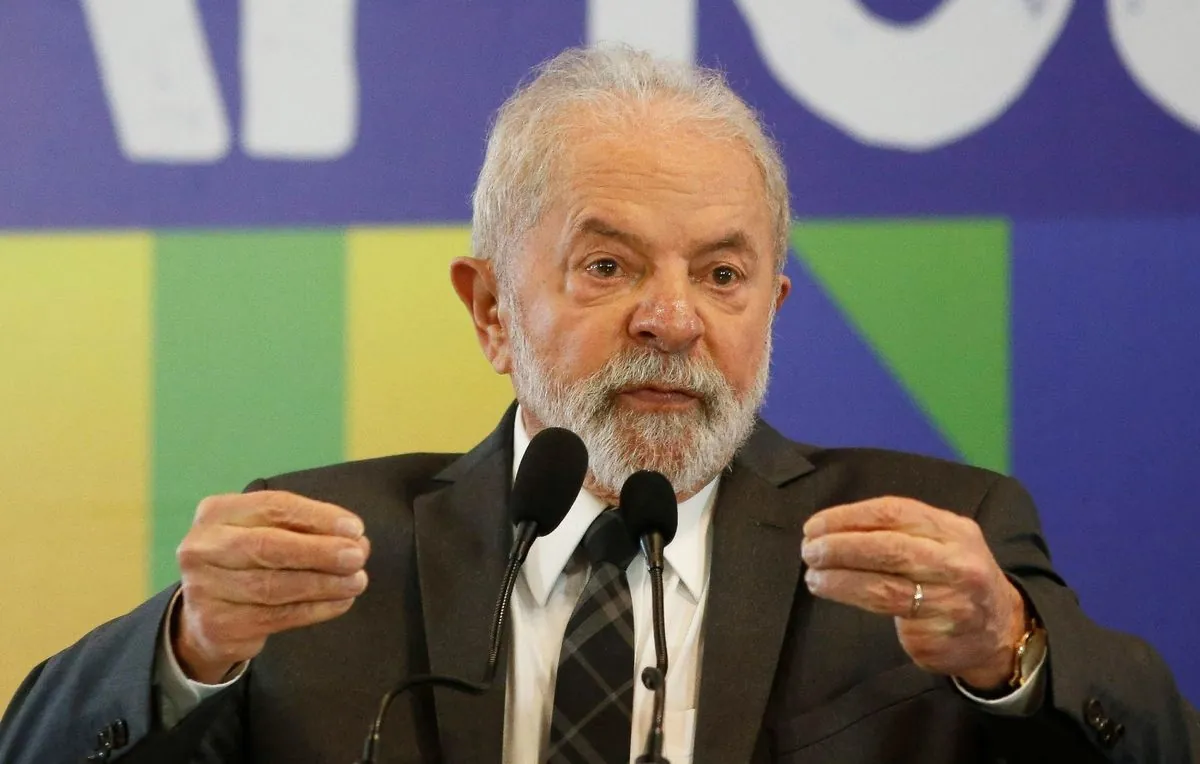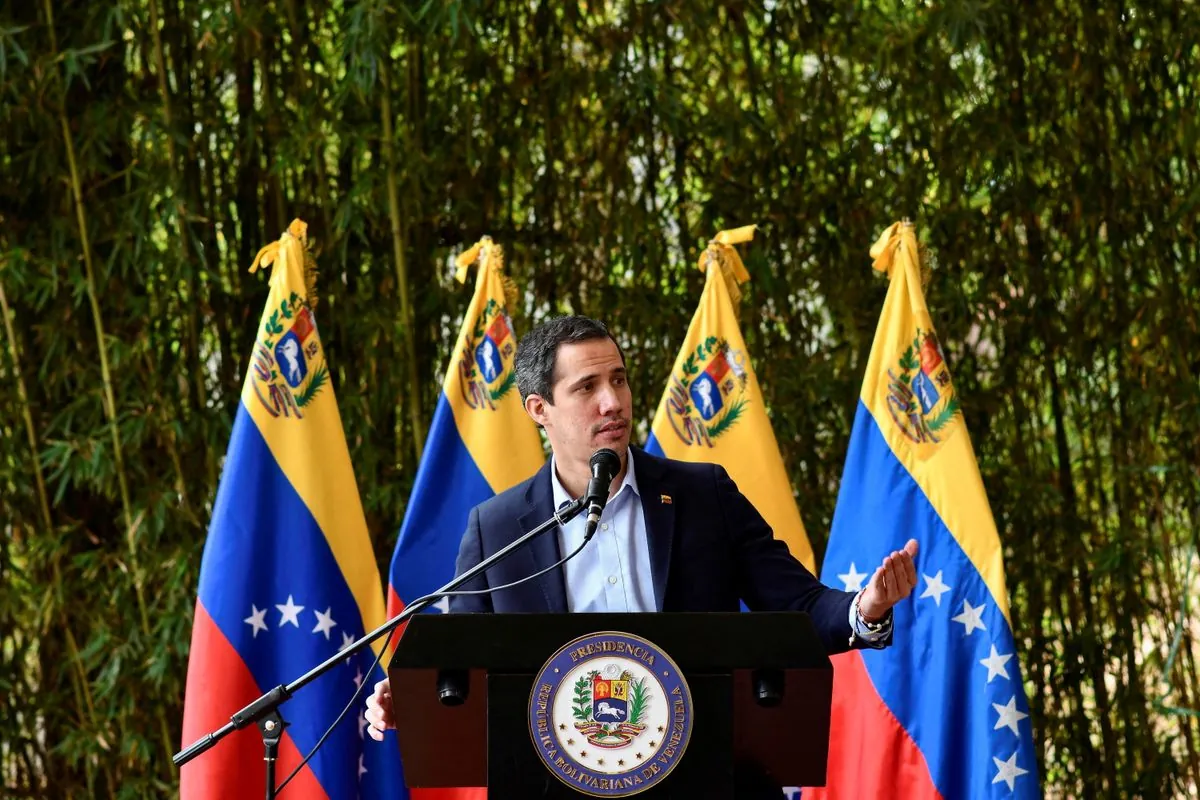Lula Proposes New Elections in Venezuela to Resolve Political Impasse
Brazilian President Lula suggests new elections with international observers as a solution to Venezuela's political crisis. He also proposes a coalition government and calls for transparency in vote tallies.

In a recent radio interview, Luiz Inácio Lula da Silva, the President of Brazil, offered potential solutions to address the ongoing political crisis in neighboring Venezuela. The suggestions come in the wake of a contested presidential election held on July 28, 2024, which has further exacerbated tensions in the country.
Lula, who is serving his third term as Brazil's leader, proposed that Venezuelan President Nicolas Maduro could organize new elections with international observers present. This suggestion is particularly significant given that international observers have been absent from Venezuelan elections since 2006, a fact that has contributed to doubts about the integrity of recent polls.
"If (Maduro) has common sense he could put it to the people, perhaps calling new elections with a non-partisan electoral committee."
The Brazilian president also floated the idea of a "coalition government" as an alternative solution to Venezuela's political impasse. This proposal reflects the complex nature of Venezuela's political landscape, where opposition groups have boycotted several recent elections, citing unfair conditions.

Lula emphasized that he does not recognize Maduro as the winner of the July 28 vote, underscoring the international skepticism surrounding the election's legitimacy. He called on the Venezuelan government to publish the voting tallies that have not been released, stating that "Maduro knows he owes the world an explanation."
The situation in Venezuela has far-reaching implications for the region. As the country with the world's largest proven oil reserves, its stability is crucial for regional and global energy markets. Moreover, the Venezuelan refugee crisis has become one of the largest displacement crises globally, with Brazil alone receiving hundreds of thousands of Venezuelan migrants and refugees.
Brazil, as the largest economy in South America and sharing a 2,199 km border with Venezuela, plays a key role in addressing the crisis. The country's involvement is part of broader regional efforts, including those of the Lima Group and the Organization of American States (OAS), to find a peaceful resolution to Venezuela's political and economic challenges.
The ongoing crisis in Venezuela, which has been experiencing hyperinflation and economic turmoil since the mid-2010s, has led to international sanctions and the country's suspension from Mercosur, a South American trade bloc. As the situation continues to evolve, Lula's proposals represent a significant diplomatic effort to encourage dialogue and potentially break the political deadlock in Venezuela.


































